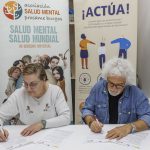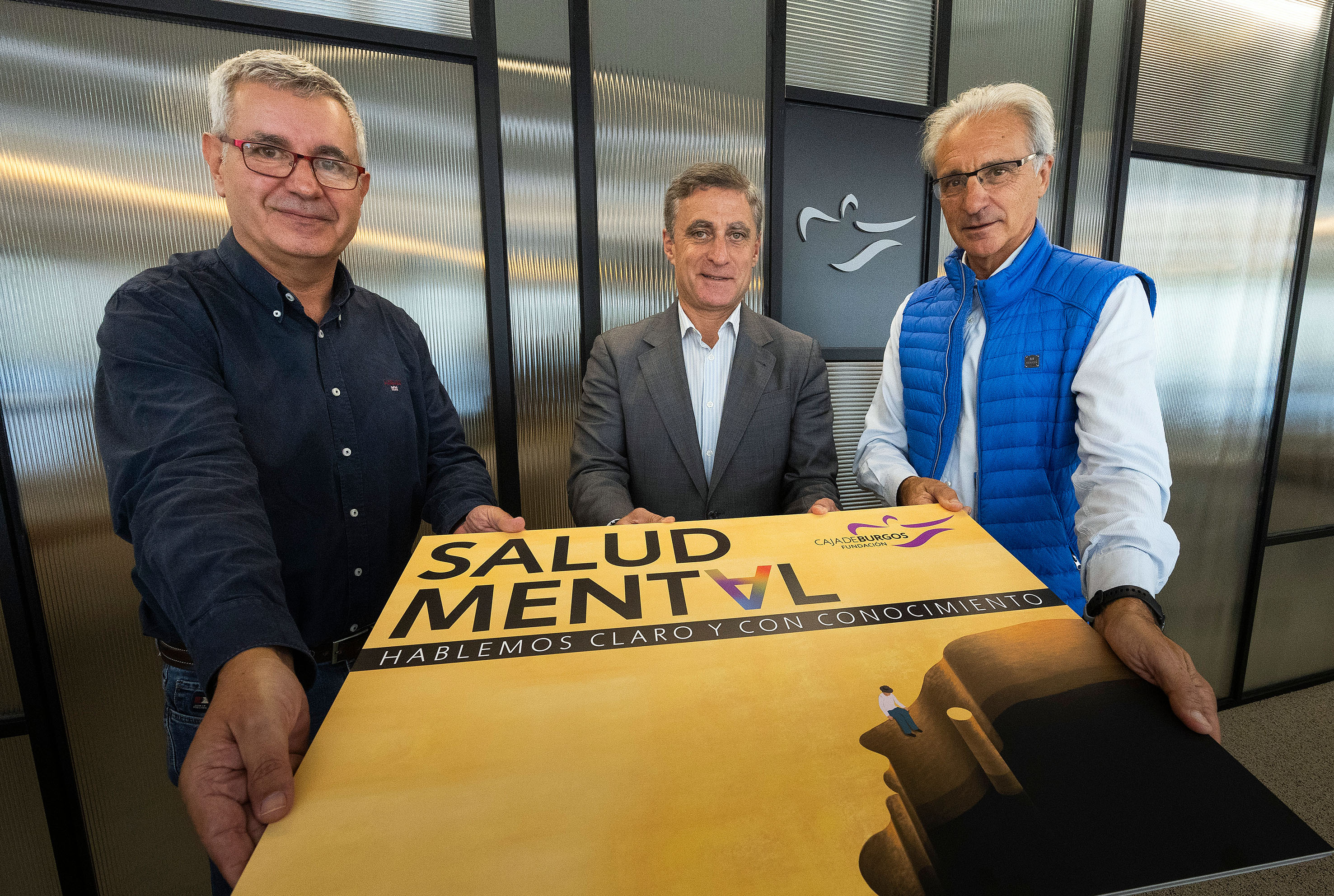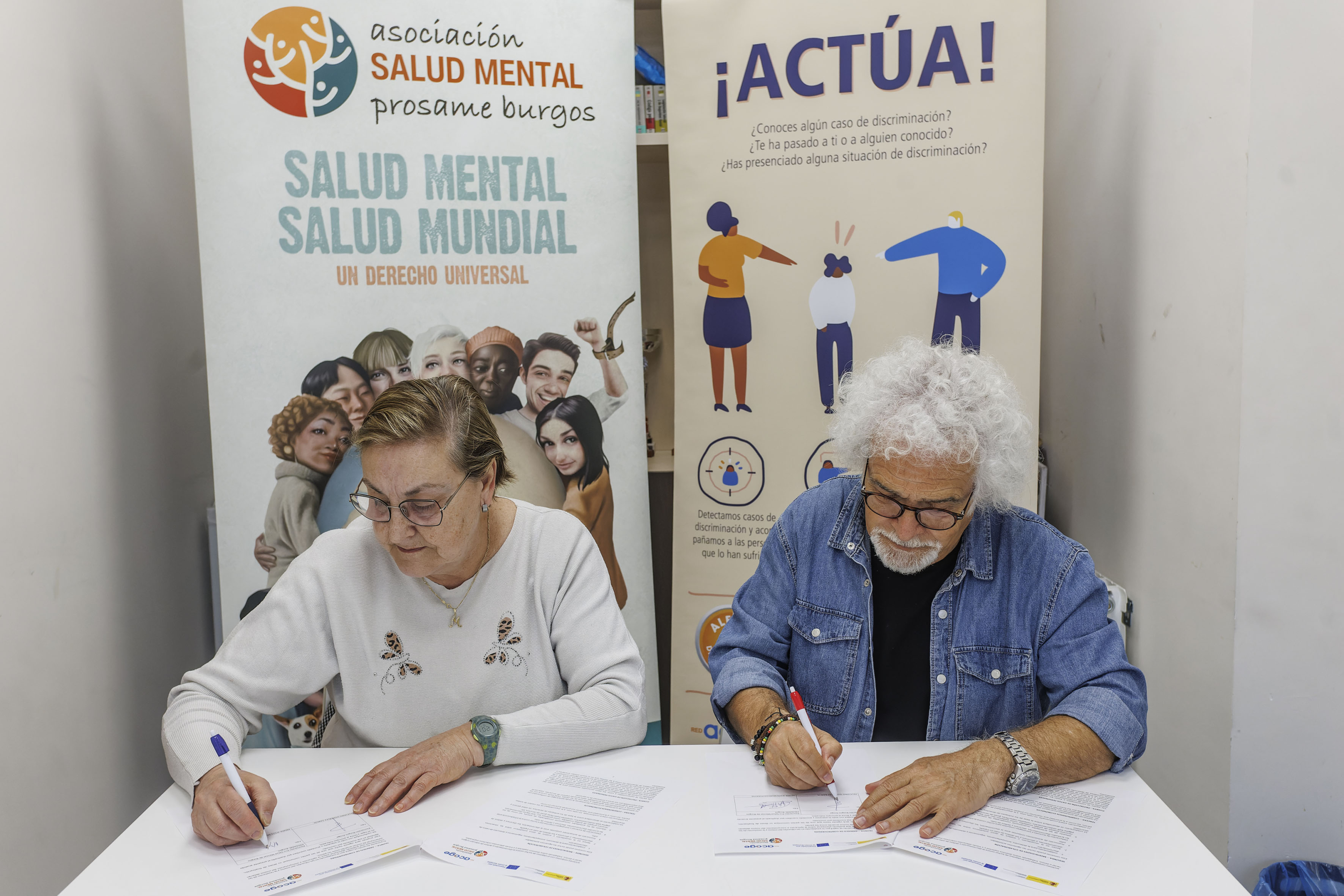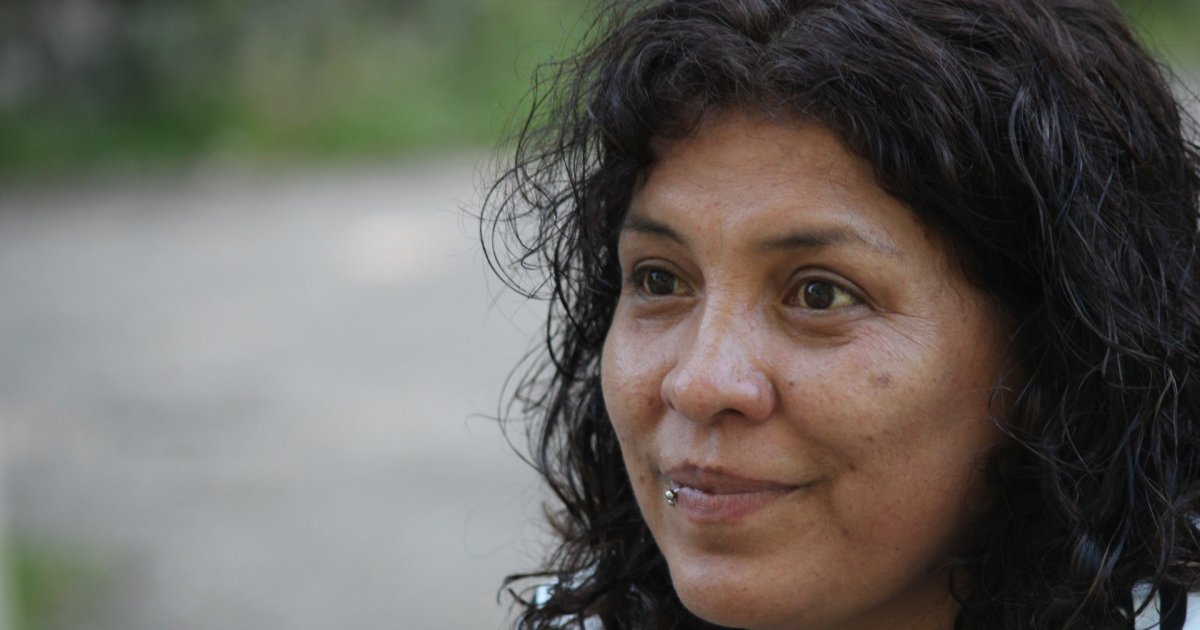


«Mental health is very complicated to understand here, there and beyond. And you, when you are in those things, how can you demand that others understand you? It is the testimony of Carla Medina Echegaray who arrived in Spain 20 years ago from Bolivia, collected by Burgos Acoge, which shows her situation as a reflection of other cases that happen, but are rarely told publicly.
Every day, people like Carla, from different corners of the world, arrive in other countries with the intention of settling there temporarily or permanently. A situation that involves facing great challenges, since the harshness and extreme circumstances experienced throughout the process can become a trigger for the development of chronic diseases or mental health problems that must be adequately addressed at the workplace. destination.
«When we leave our countries, we do not imagine what we are coming to, the idea is different. You are simply not in your core, you are not in your world,” says Carla.
Immigration grief and the absence of a support network upon arrival can be aggravating factors of mental health problems. Having this support can provide emotional security, necessary and fundamental to begin this new stage and at the same time facilitate full attention to your stability.
Only a minority of migrants with mental health problems come to the association on their own initiative, “every day is a constant war. No matter how much you do your part, something always happens, I don’t know if we see things from another angle, from another side in which everything looks bigger. A tension that motivates a search for information, depending on the sometimes disorganized entity, starting with Primary Care Health Centers, hospital admissions, outpatient emergencies, social entities, often guided through the word of mouth of other people, until finally the specific resource is reached.

«Who can understand you? People who work with people like us. That’s why we need people to vent with, to talk to, and they are there,” adds Echegaray. Mental health is not a widely publicized problem, in any of the areas, but, perhaps less so, in the problems faced by the immigrant group. “It is not something that people are informed about and if it is not talked about, if it does not transcend, it does not happen,” says Carla, “it is not that we are different, it is simply that we have small things that make us, more sensitive? We would need to listen to each other and be able to talk, to make it known, because it is a common feeling,” concludes Carla Mediana.
MENTAL HEALTH DAY
“On many occasions, it is not easy for a newly arrived person to convey what is really happening to them,” says Nuria Revilla, social worker at Burgos Acoge. A situation that is not easy to detect, since it is normally necessary to know the personal circumstances for them to verbalize what is happening to them. «When there is a mental health problem, it is not usually expressed in the first interview, since it is understood that it can be a reason for rejection. For it to be verbalized, it is necessary to establish a relationship of trust with the people we accompany. The entity wants to show the significant impact that migration can have on mental health, both for those who migrate and for the communities that receive them.

This entity has been working for more than 30 years in comprehensive care for migrants and refugees arriving in Burgos, accompanying them from a rights-based approach based on their demands and needs. In addition, the association is included in the Red Acoge, a national organization, which has specific resources for migrants with mental health problems in Córdoba and Barcelona.
In Burgos there are entities specialized in caring for people with mental health problems and families, such as the Burgos Mental Health Association (Prosame), which was founded in 1990 with the mission of defending the rights and improving the quality of life of people. people with mental health problems, including those of migrant origin.

A multidisciplinary team is responsible for their reception, orientation, support and referral, where appropriate, to Third Sector entities related to immigration issues, as well as coordination with the public mental health services of the University Hospital of Burgos, medium and long-term units. stay at Hospital Fuente Bermeja and outpatient Mental Health unit at Hospital Divino Vallés.
In general, with respect to migrants with mental health problems who use their services, both Burgos Acoge and Prosame highlight a series of risk factors that cause a mental disorder to develop or aggravate their circumstances: a language barrier, vital precariousness, job insecurity, administrative irregularity that generates anxiety, depressive disorders, uncertainty, distrust and low self-esteem.
For David Gómez, employment technician at Prosame, “mental health problems do not arise out of nowhere, but are related to the things that happen to us.” Many times they are related to changes in our environment, “when we access a job and the experience is favorable, this has a positive influence on our mental health. On the contrary, if the experience does not turn out as we expected, the symptoms worsen »,
Finally, Burgos Acoge highlights that it is necessary to improve
the media coverage of this situation to give informative visibility given to mental health, which sometimes does not favor the real understanding of these processes and offers an erroneous and negative image of these problems.
